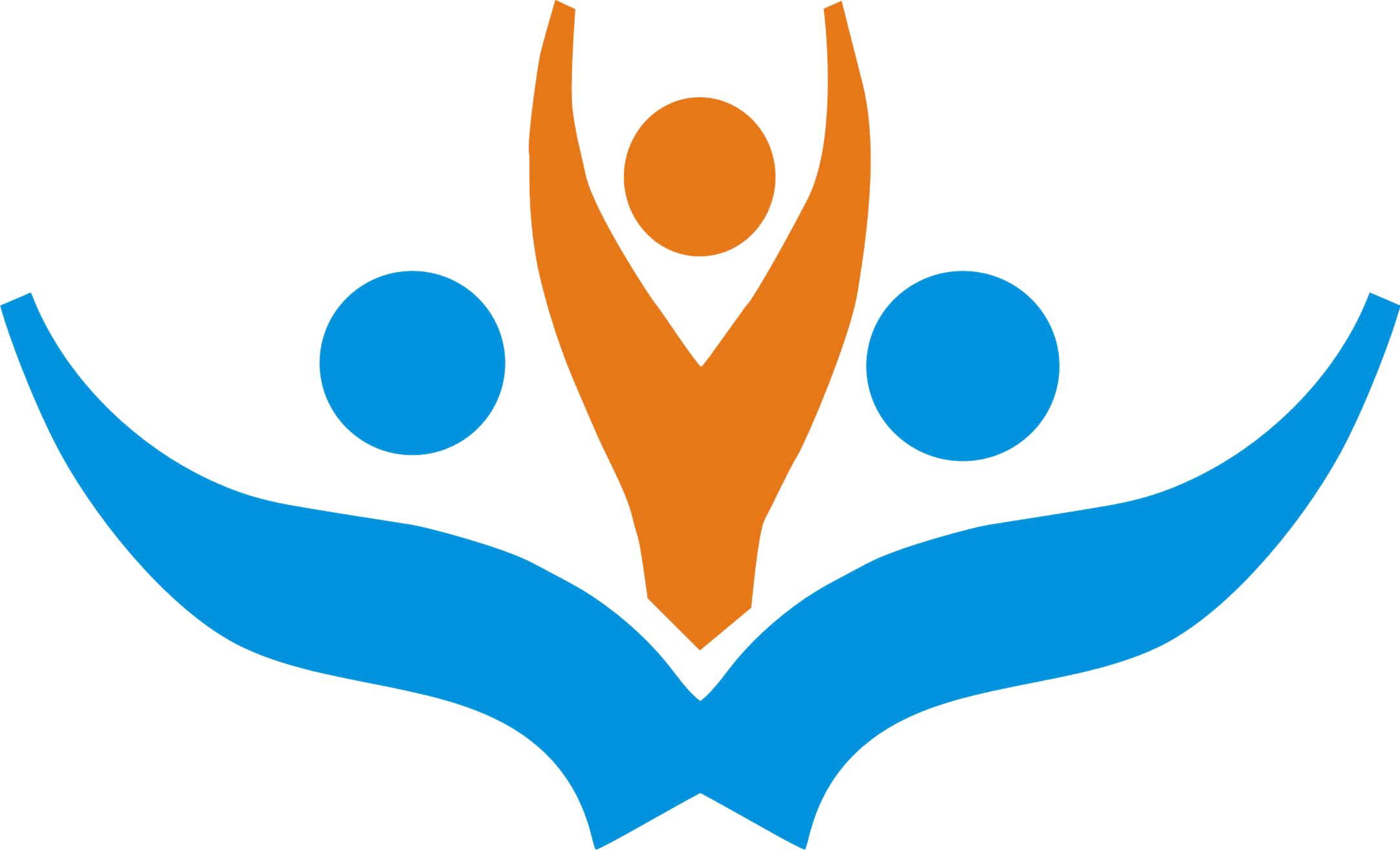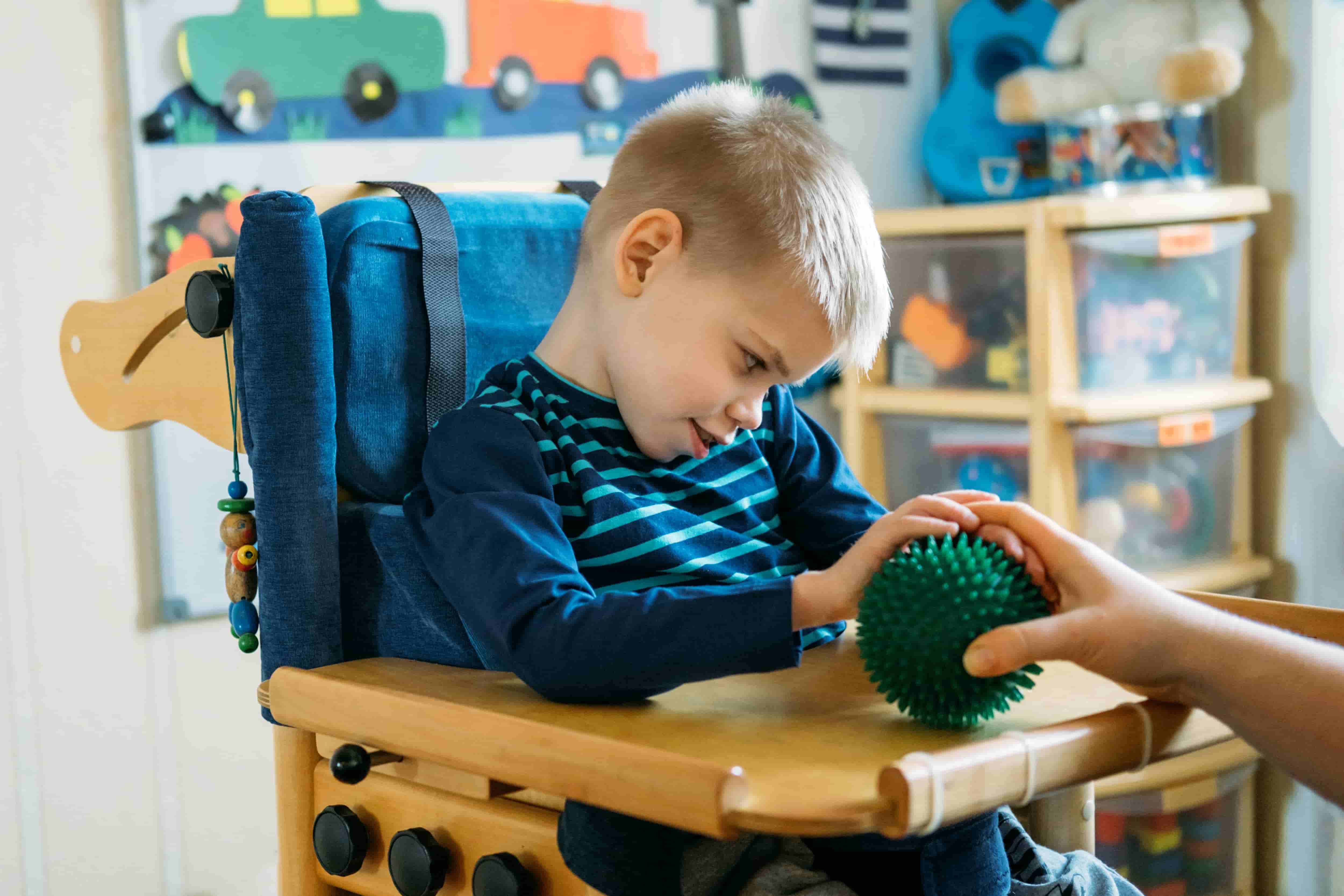
Exploring the Challenges of Children with Severe Disabilities
Severe Disabilities can have considerable implications not only for the affected children, but also to their closest relatives especially to their parents and siblings. Children with Severe Disabilities form a specific group within a wider group of children with disabilities and are affected by profound cognitive disabilities and extensive neuromotor and sensory dysfunctions.
Children associated with these dysfunctions sometimes suffer from complications like gastrointestinal and epilepsy syndromes, spasticity and scoliosis, respiratory and/or feeding difficulties. Normally these children have limited probabilities to grow and have to be understood by their closest caretakers in the form of nonverbal communication and body language.
One in every twenty children has a mild to severe disability. Research has shown that children with this condition are:
• 3.8 times more likely to be neglected or physically abused
• 3.1 times more likely to be sexually abused
• 3.9 times more likely to be emotionally abused
Added to this, children with severe disabilities are also at an increased risk of experiencing multiple abuses and enduring multiple episodes of abuse.
Their high dependency along with their risk for developing life-threatening medical complications might make parenting children with severe disabilities exceedingly challenging. Modern day parents of such children commit to taking care of them at home and involve the children in everyday family life.
When it comes to education, these children would require academic modifications, behavioral alteration plans, or a method that modifies curriculum expectations tailored to their individual needs. Children with severe disabilities generally have an intellectual disorder, a severe learning disorder, autism, or a psychiatric disorder that substantially hampers learning and socialization.
Children with this condition need to have the same level of education as normal children. The necessary information needs to be made available to them in a way that they can easily understand and grasp.
In order to get timely help when they fear or experience abuses, children with severe disabilities have considerable additional barriers to overcome that includes:
• Parents and professionals might miss signs of abuse/neglect, mistaking them to be a part of the child’s condition
• Few children may not recognize the abuse
• Abusers may try to excuse their behavior, blaming it on the difficulties of taking care of such child
• Children and their families might feel isolated or without support due to a restricted number of accessible services – they might not know where to find support
• Child protection professionals may not possess the vital skills to communicate with the child or to accurately assess or understand the child’s needs
• These children might not be able to ask for timely help
Education is one of the best ways of breaking the pattern of destitution and discrimination that children with severe disabilities frequently face. However, these children are more averse to begin school and in the event they do, they are unlikely to progress to secondary school.
Their admittance to school is most of the time restricted by shame, absence of understanding of their needs, absence of teacher training, school environment being unconducive, absence of classroom backing and learning tools.
But denying children with severe disabilities their right to schooling would have a lifelong affect on their learning, achievement and employment opportunities, consequently hampering their potential economic, social and human development.
It is quite clear and obvious that more should be done to safeguard these children and young people from harm. Specific protection and welfare assistance need to be included in relevant protection regulation, strategy and plans to safeguard all children with severe disabilities.
Besides the fact that experts should be better equipped with training meant specifically to recognizing abuse in severely disabled children, these children additionally should be better educated with resources that are tailored to their needs and conditions.
Early intervention is crucial in protecting children and young people affected by severe disabilities. It plays a part in forestalling problems growing later, and goes far in endeavoring to correct those which have proactively started to manifest. Chetna Foundation is at the core of working together to safeguard children and young people with severe disabilities.
| Tweet |





